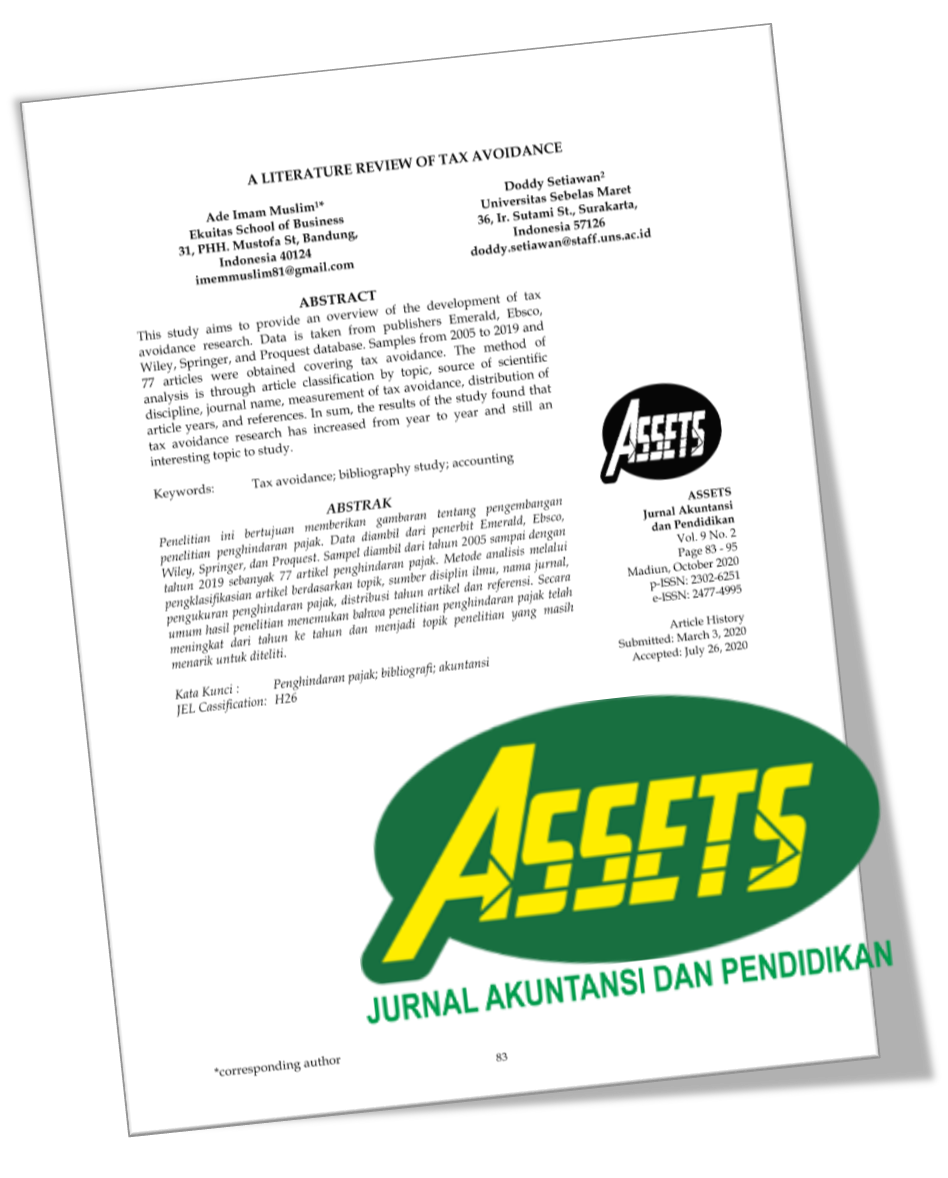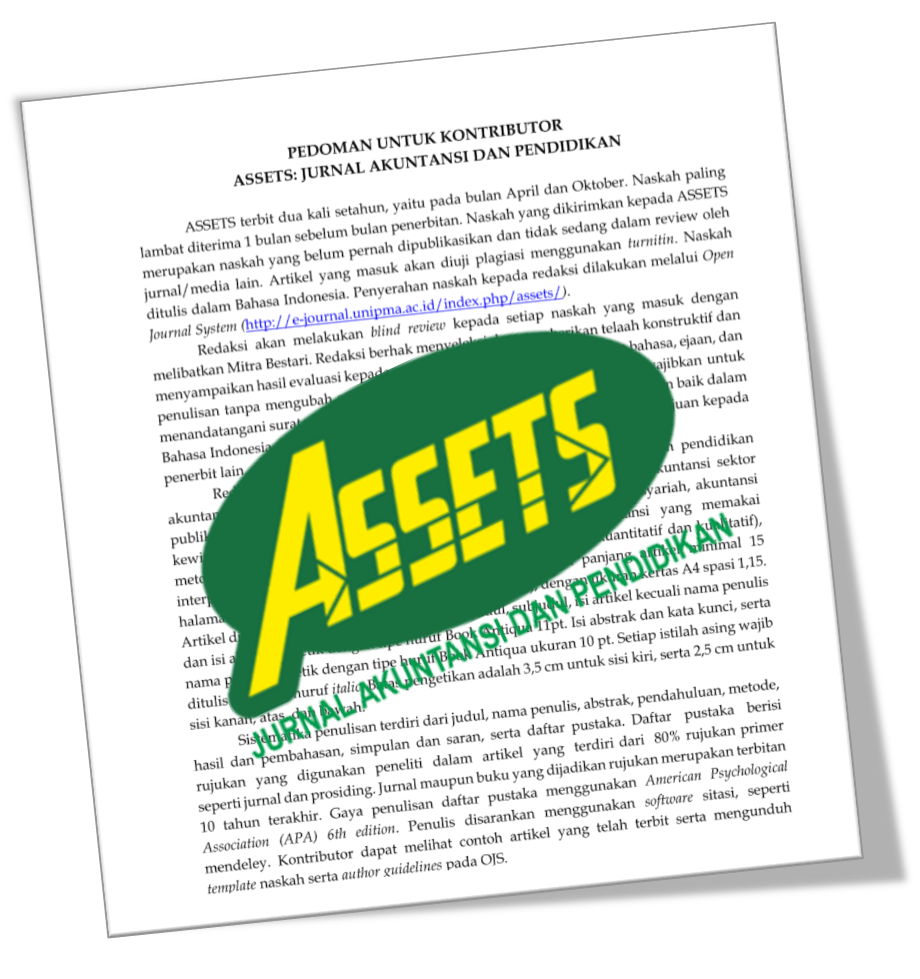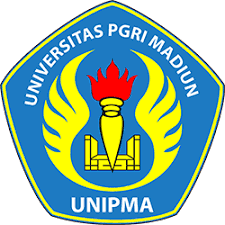EXPERIMENTAL STUDY ON ACCOUNTING STUDENTS: PERSUASION ELABORATION MODEL IN ETHICAL DECISION LEARNING
Abstract
ABSTRACT
This research aims to test students' understanding of fraud cases using the persuasion elaboration model, namely the influence of argument framing, source credibility, and emotional condition on the decision to reveal fraud. This research method uses a 2x2x2 online laboratory experiment between subjects with 127 accounting students from Universitas Hayam Wuruk Perbanas. The results showed that the argument framing (positive vs. negative) did not make a significant difference. In contrast, source credibility (high vs. low) and emotional condition (good vs. bad) made a significant difference in accounting students' decisions to reveal fraud. This research contributes to behavioral accounting theory developed with communication science in predicting the behavior of prospective accountants.
ABSTRAK
Penelitian ini bertujuan untuk menguji pemahaman mahasiswa atas kasus kecurangan menggunakan model elaborasi persuasi, yaitu pengaruh pembingkaian argumen, kredibilitas sumber, dan kondisi emosi terhadap keputusan mengungkapkan kecurangan. Metode penelitian ini menggunakan eksperimen laboratorium online antar subjek 2x2x2 dengan partisipan sebanyak 127 mahasiswa akuntansi Universitas Hayam Wuruk Perbanas. Hasil penelitian menunjukkan bahwa pembingkaian argumen (positif vs negatif) tidak memberikan perbedaan yang signifikan, sedangkan kredibilitas sumber (tinggi vs. rendah), dan kondisi emosi (baik vs. buruk) memberikan perbedaan yang signifikan dalam keputusan mahasiswa akuntansi mengungkapkan kecurangan. Penelitian ini berkontribusi pada teori akuntansi keperilakuan yang dikembangkan dengan ilmu komunikasi dalam memprediksi perilaku calon akuntan.
Keywords
Full Text:
PDFReferences
ACFE. (2022). Occupational Fraud 2022: A Report To The Nations. https://legacy.acfe.com/report-to-the-nations/2022/
Akinkugbe, O. D. (2018). Informal networks of corruption: assessing the challenges for public sector whistleblowing in Nigeria. Jindal Global Law Review, 9(1), 11–28. https://doi.org/10.1007/s41020-018-0055-5
Alleyne, P., Charles-Soverall, W., Broome, T., & Pierce, A. (2017). Perceptions, predictors, and consequences of whistleblowing among accounting employees in Barbados. Meditari Accountancy Research, 25(2), 241–267. https://doi.org/10.1108/MEDAR-09-2016-0080
Allison, T. H., Davis, B. C., Webb, J. W., & Short, J. C. (2017). Persuasion in crowdfunding: An elaboration likelihood model of crowdfunding performance. Journal of Business Venturing, 32(6), 707–725. https://doi.org/10.1016/j.jbusvent.2017.09.002
Chen, C. X., Nichol, J., & Zhou, F. H. (2012). The Effect of Financial Incentive Framing and Descriptive Norms on Internal Whistleblowing. SSRN Electronic Journal, 30(November), 1-37. https://doi.org/10.2139/ssrn.2132852
Clements, L. H., & Shawver, T. J. (2015). The Effects of Emotions on the Moral Judgments and Intentions of Accountants. Journal of Forensic & Investigative Accounting, 7(1), 146–179.
Darjoko, F. J., & Nahartyo, E. (2017). Efek Tipe Kecurangan Dan Anonimitas Terhadap Keputusan Investigasi Auditor Internal Atas Tuduhan Whistleblowing. Jurnal Akuntansi Dan Keuangan Indonesia, 14(2), 202–221. https://doi.org/10.21002/jaki.2017.11
Dungan, J. A., Young, L., & Waytz, A. (2019). The power of moral concerns in predicting whistleblowing decisions. Journal of Experimental Social Psychology, 85(September 2018), 1-12. https://doi.org/10.1016/j.jesp.2019.103848
Ebaid, I. E. S. (2023). The courage of whistleblowing of prospective accountants: evidence from Saudi Arabia. Journal of Applied Research in Higher Education, 15(3), 713–730. https://doi.org/10.1108/JARHE-02-2022-0071
Erkmen, T., Çalişkan, A. Ö., & Esen, E. (2014). An empirical research about whistleblowing behavior in accounting context. Journal of Accounting and Organizational Change, 10(2), 229–243. https://doi.org/10.1108/JAOC-03-2012-0028
Gao, L., & Brink, A. G. (2017). Whistleblowing studies in accounting research: A review of experimental studies on the determinants of whistleblowing. Journal of Accounting Literature, 38(April), 1–13. https://doi.org/10.1016/j.acclit.2017.05.001
Geng, X. (2021). The Effects of Perceived Leader Emotional Intelligence and Group Prototypicality on Subordinate Whistleblowing Intentions. Journal of Forensic Accounting Research, 6(1), 87–110. https://doi.org/10.2308/jfar-19-037
Ismail, M., Haryadi, B., & Prasetyono. (2023). the Ethical Dilemma of Village Officials: Fraud in the Distribution of Direct Cash Assistance. Assets: Jurnal Akuntansi dan Pendidikan, 12(2), 158–173. http://e-journal.unipma.ac.id/index.php/assets/article/view/15997
Jones, J. C., Spraakman, G., & Sánchez-Rodríguez, C. (2014). What’s in it for Me? An Examination of Accounting Students’ Likelihood to Report Faculty Misconduct. Journal of Business Ethics, 123(4), 645–667. https://doi.org/10.1007/s10551-013-2015-5
Laras, A. (2024). Deretan 11 Bank Bangkrut di Indonesia hingga Akhir April 2024. Bisnis.Com. https://finansial.bisnis.com/read/20240501/90/1761933/deretan-11-bank-bangkrut-di-indonesia-hingga-akhir-april-2024
Lowry, P., Moody, G., Galletta, D., & Vance, A. (2013). The drivers in the use of online whistleblowing reporting systems. In Journal of Management Information Systems, 30(1), 153-189. https://doi.org/10.2753/MIS0742-1222300105
McIntosh, T., Higgs, C., Turner, M., Partlow, P., Steele, L., MacDougall, A. E., Connelly, S., & Mumford, M. D. (2019). To Whistleblow or Not to Whistleblow: Affective and Cognitive Differences in Reporting Peers and Advisors. Science and Engineering Ethics, 25(1), 171–210. https://doi.org/10.1007/s11948-017-9974-3
Mintchik, N., Ramamoorti, S., & Gramling, A. A. (2021). Mindsets as an Enhancement of 21st Century Accounting Education. Issues in Accounting Education, 36(4), 87–118. https://doi.org/10.2308/ISSUES-19-066
Montgomery, D. C. (2013). Design and analysis of experiments. In John Wiley & Sons, Inc. (Eighth Edi). https://doi.org/10.1007/978-3-030-58292-0_130690
Namazi, M., & Ebrahimi, F. (2017). A study of accountants' whistleblowing intention: Evidence from Iran. International Journal of Business Governance and Ethics, 12(4), 349–373. https://doi.org/10.1504/IJBGE.2017.090213
Nita, R. A., Wulanditya, P., & Dewi, N. H. U. (2022). Moderation Of Moral Identity In Ethical Judgement And Moral Intention Accounting Students. Journal of Governance, Taxation and Auditing, 2(1), 33–41. https://doi.org/10.38142/jogta.v2i1.716
Nurhidayat, I., & Kusumasari, B. (2018). Strengthening the effectiveness of whistleblowing system A study for the implementation of anti-corruption policy in Indonesia. Journal of Financial Crime, 25(1), 140-154. https://doi.org/10.1108/JFC-11-2016-0069
Petty, R. E., & Briñol, P. (2012). The Elaboration Likelihood Model. In Handbook of theories of social psychology. Sage Publications Ltd.
Petty, R. E., & Cacioppo, J. T. (1986). The elaboration likelihood model of persuasion. Advances in Experimental Social Psychology, 19(C), 123–205. https://doi.org/10.1016/S0065-2601(08)60214-2
Pospíšil, J., & Vomáčková, H. (2016). Education as a prevention of fraud. International Journal of Human Sciences, 13(1), 1133-1140. https://doi.org/10.14687/ijhs.v13i1.3638
Republic of Indonesia. (2014). Undang-Undang No 31 Tahun 2014 Tentang Perlindungan Sakdi dan Korban.
Wulanditya, P., Iqbal, S., Prihatiningtias, Y. W., & Subroto, B. (2023). Argument Framing, Source Credibility, and Emotional Conditions: Effects on Accountants’ Whistleblowing Decision. International Journal of Professional Business Review, 8(4), 1–19. https://doi.org/10.26668/businessreview/2023.v8i4.1230
Young, R. F. (2017). Blowing the whistle: Individual persuasion under the perceived threat of retaliation. Behavioral Research in Accounting, 29(2), 97–111. https://doi.org/10.2308/bria-51729
Zainol, Z., Zollkefli, A. Q., Nasir, A. N., Zakaria, F. M., & Kamaruzaman, N. Z. (2018). Factors Influencing Whistleblowing Intention Among Accountants In Malaysia. European Proceedings of Social and Behavioural Sciences, 44(1), 79–88. https://doi.org/10.15405/epsbs.2018.07.02.9
Article Metrics
Abstract has been read : 103 timesPDF file viewed/downloaded: 0 times
DOI: http://doi.org/10.25273/jap.v13i2.19734
Refbacks
- There are currently no refbacks.
Copyright (c) 2024 Putri Wulanditya

This work is licensed under a Creative Commons Attribution-ShareAlike 4.0 International License.
ASSETS: Jurnal Akuntansi dan Pendidikan is supported by
ASSETS: Jurnal Akuntansi dan Pendidikan is indexed by
| | | ||||
| | | | |

ASSETS: Jurnal Akuntansi dan Pendidikan is licensed under a Creative Commons Attribution-ShareAlike 4.0 International License.











